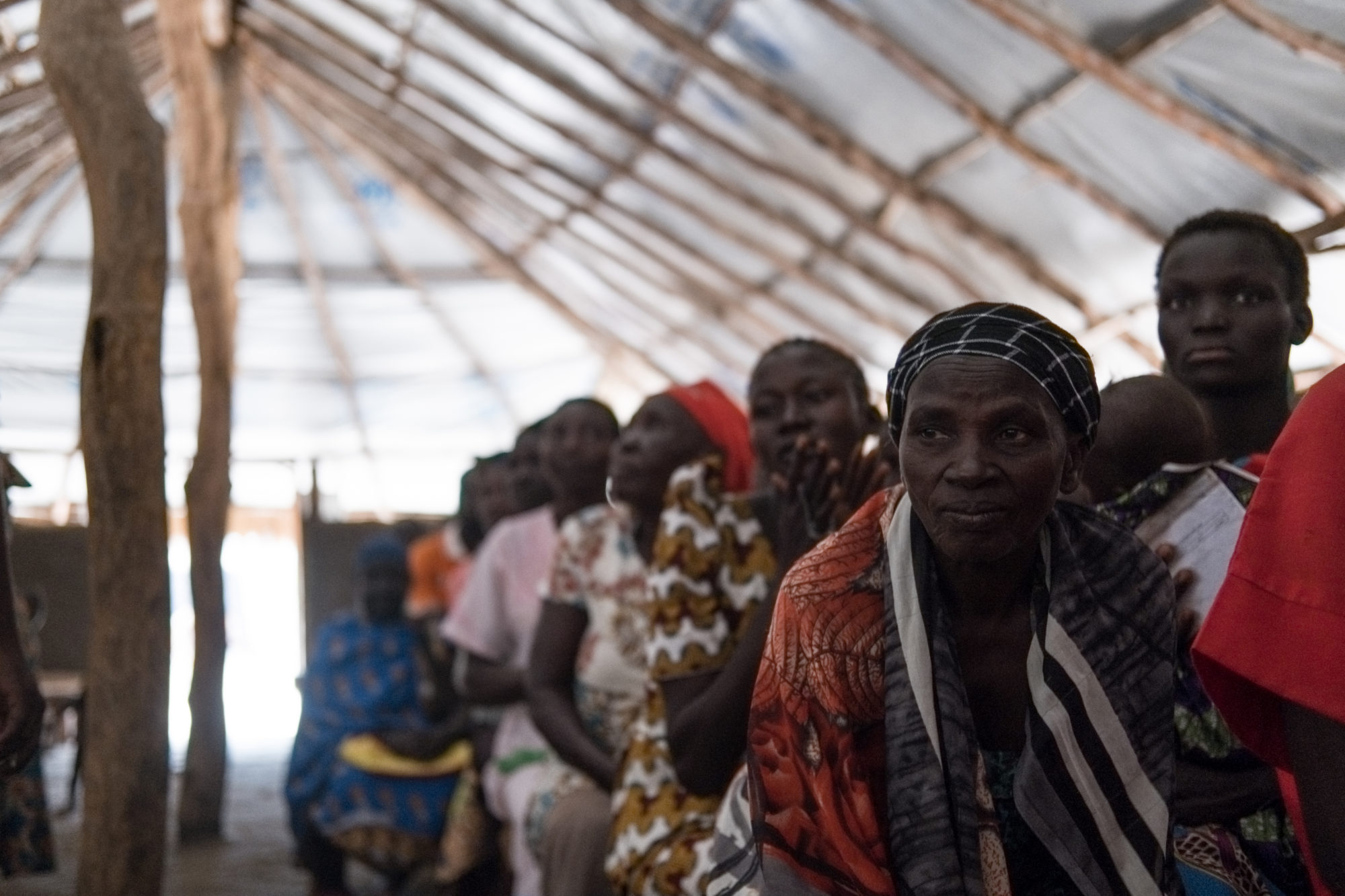ERDO works alongside communities in need, bringing sustainable long-term solutions to address poverty. We base our programs on six principles, which reflect our core values. They are integrity, excellence, dignity, collaboration, compassion and gratitude.
Our Program Principles
Integrity
We could not work without the generosity of our donors and we want to act in a way that uphold every standard of integrity.
We commit to being transparent and accountable to its donors, partners and communities. We want to be wise and faithful stewards of the finances, time, talent and resources entrusted to us. We commit to financial transparency and accountability both within Canada and throughout our program locations worldwide, keeping with international financial standards.
Since we work with vulnerable communities, we know we need to retain people’s trust as we care for the well-being of families. We ensure that members of the communities where we work can hold us and any of our partners to a high-level of accountability and integrity.
As part of our integrity processes, we ensure all community members in program locations can access safe opportunities to lodge and resolve complaints. We believe members of the community should be able to participate in any decision that affects them.
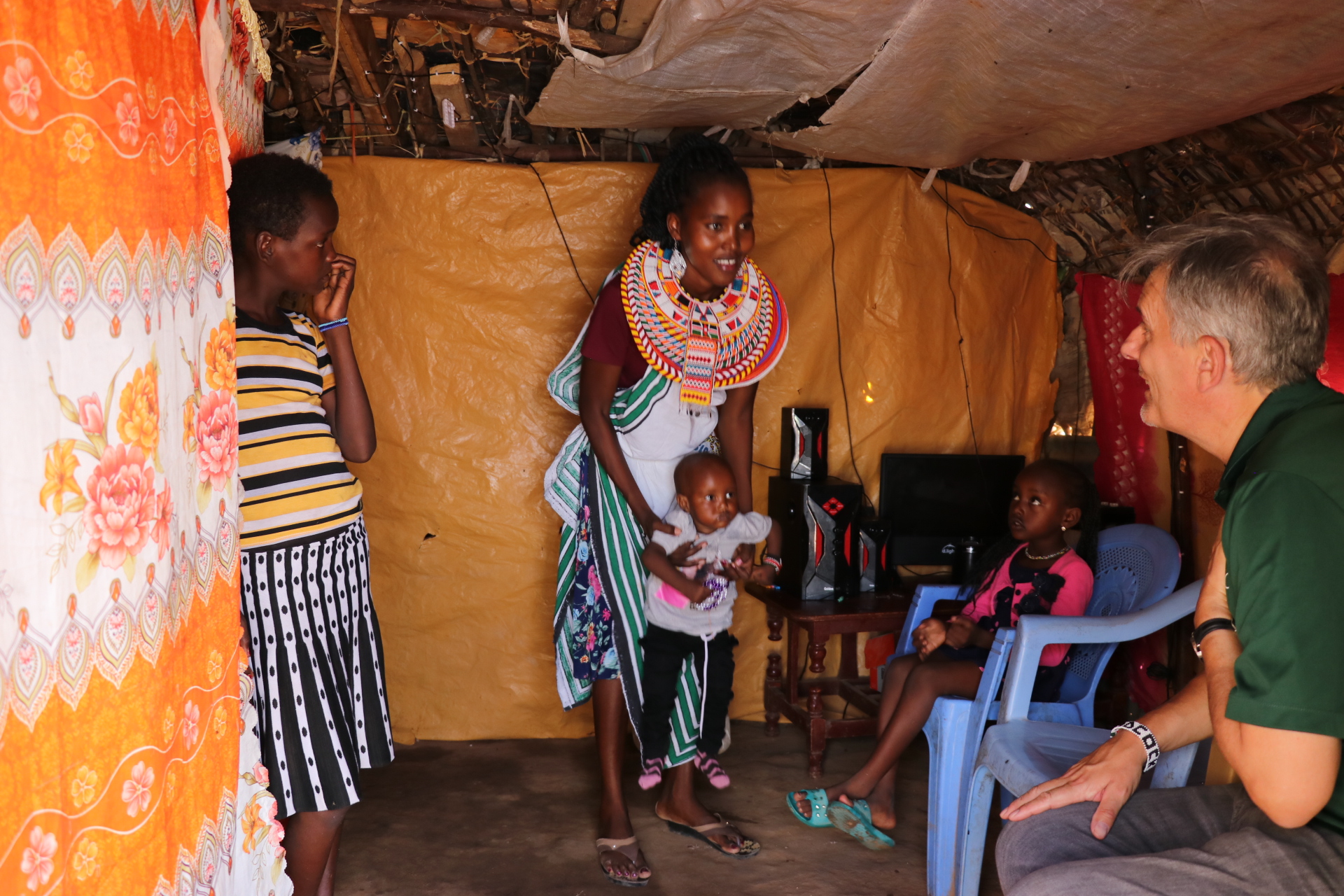
Excellence
We commit to excellence in all our programs. Following internationally recognized best practices and standards* we call ourselves a learning organization. This means we are constantly evaluating our work and learning from our local partners and community members. When we create a goal, we consistently measure our work to ensure we will meet our goals together. We exercise flexibility in order to ensure our programs are a success.
Our success depends on resourcing our local partners. We empower communities when we:
Give the responsibility of each program over to the local community. We ensure communities can be responsible for their own growth. By putting a community in charge of a program, like when we train locals to build and maintain their own wells, we can promote sustainability rather than dependency.
Collaborate with local governments and other NGOs. When we work with government ministries, like the Ministry of Health and the Ministry of Education, we can extend our program’s length and reach. By partnering with other NGOs we can prevent overlapping outreach and spread resources to those who need it most.
Ensure the community is engaged and participates. If we try to bring a project to a community without their engagement and participation, it will fail. We desire to work with communities, to work with their leaders and to empower them to be their own agents of change.
* This includes: The Paris Declaration on Aid Effectiveness (2005), The Accra Agenda for Action (2008), The Busan Partnership for Effective Development Cooperation (2011), The Grand Bargain (2016) and The Grand Bargain 2.0 (2021), The Sustainable Development Goals, The IASC Six Core Principles, UN Convention on the Rights of the Child, The Sphere Standards, Core Humanitarian Standard on Quality and Accountability (2014)
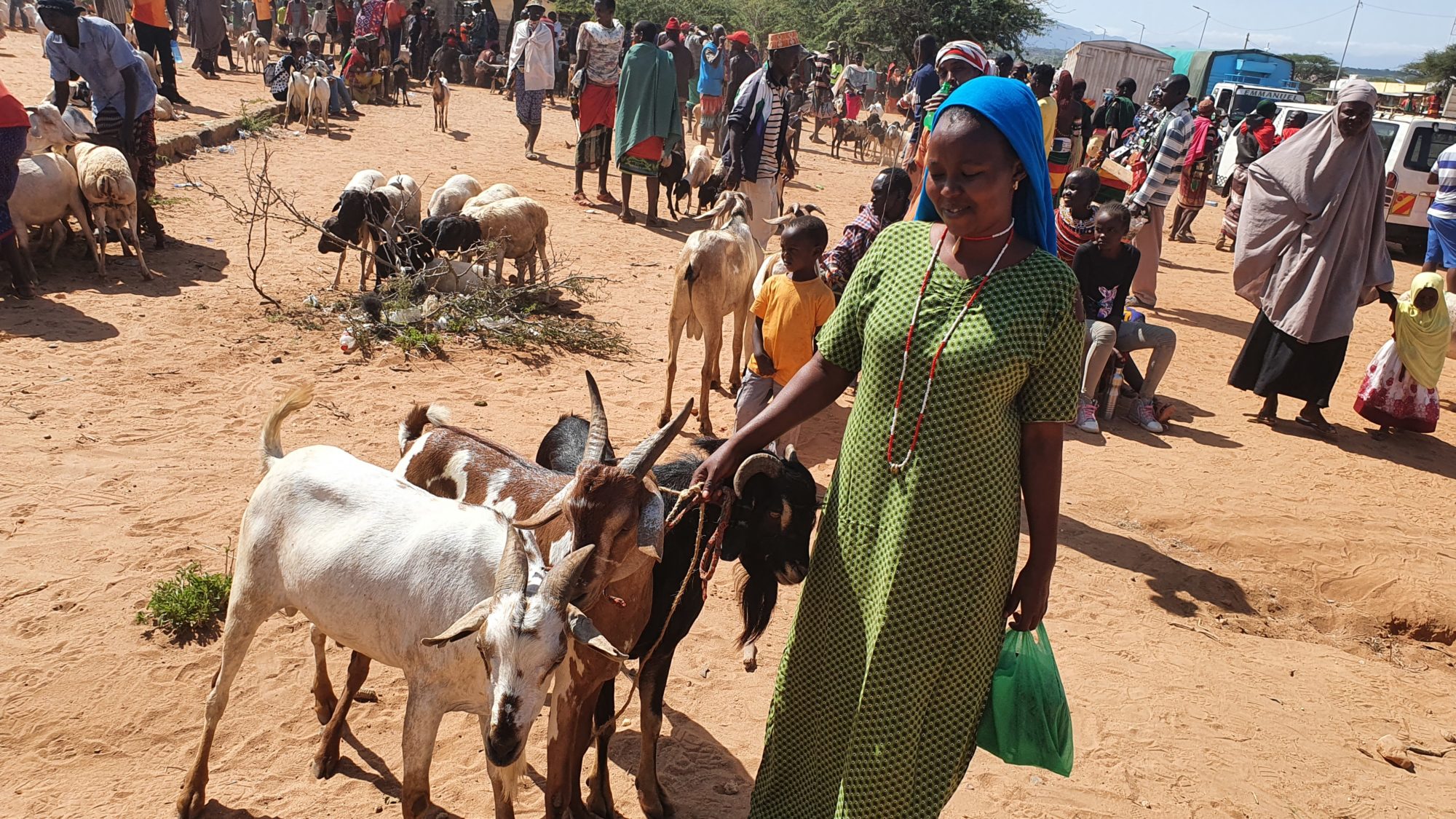
Dignity
We honour the inherent worth of every person we encounter and work with. We choose not to discriminate based on race, ethnicity, religion, ability, gender, sexual orientation or social status, but will continue to work alongside vulnerable communities.
We affirm that we are all made in the image of God and will treat all we meet with respect.
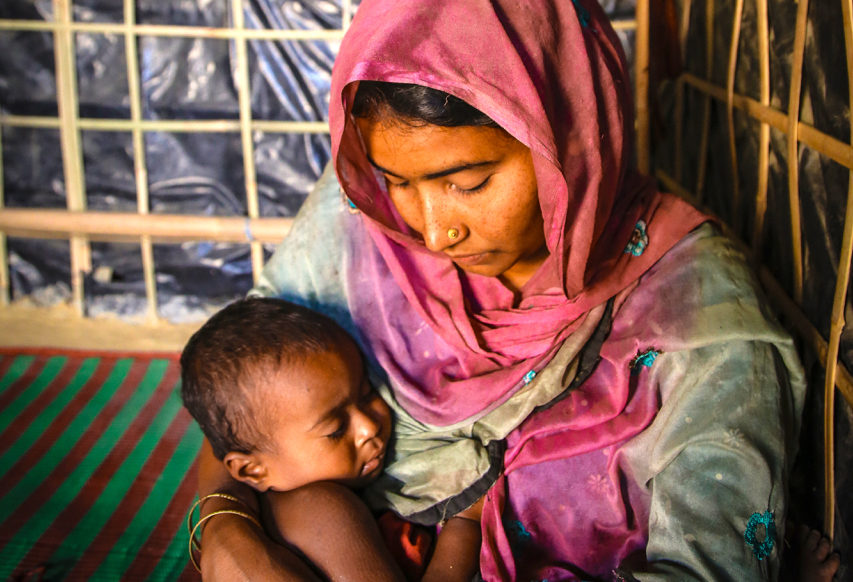
Collaboration
Collaboration is the act of working together to reach a common goal. Our program approach is dependent on collaboration through the program process and beyond.
We recognize that development should be community-driven and community-led. The capacity of program participants and local partners must be supported to help strengthen a community’s capability to respond to crises, sustain livelihoods and build flourishing families. Through partnership, program participants and local partners work to determine an appropriate intervention, continuously receiving feedback throughout the implementation phase of the program and aiding in the ongoing evaluation of the program.
Collaborating with the Local Church
Our partnerships with national church movements, community-based organizations and faith-based organizations create sustainability by emphasizing holistic needs. Churches have a biblical mandate and the operational capacity to care and advocate for the vulnerable and marginalized in their communities. Through their networks, they have the capability to mobilize local volunteers and resources in responding to needs and finding local solutions to end the cycle of poverty.
Churches have cultivated long-term relationships and trust with community members and local authorities and have the most thorough understanding of the cultural context to carry out “development” that the community would value.
Collaborating with the National Church
With their countrywide reach, national church denominations are equipped to implement and give oversight to programs carried out in collaboration with their local community churches. National churches often have their own relief and development entities staffed by qualified personnel.
Partnering with national churches provides us the necessary structures to meet financial best practices. Partnering with national churches helps us extend our reach on national, regional and district levels, ensuring increased support for our programs.
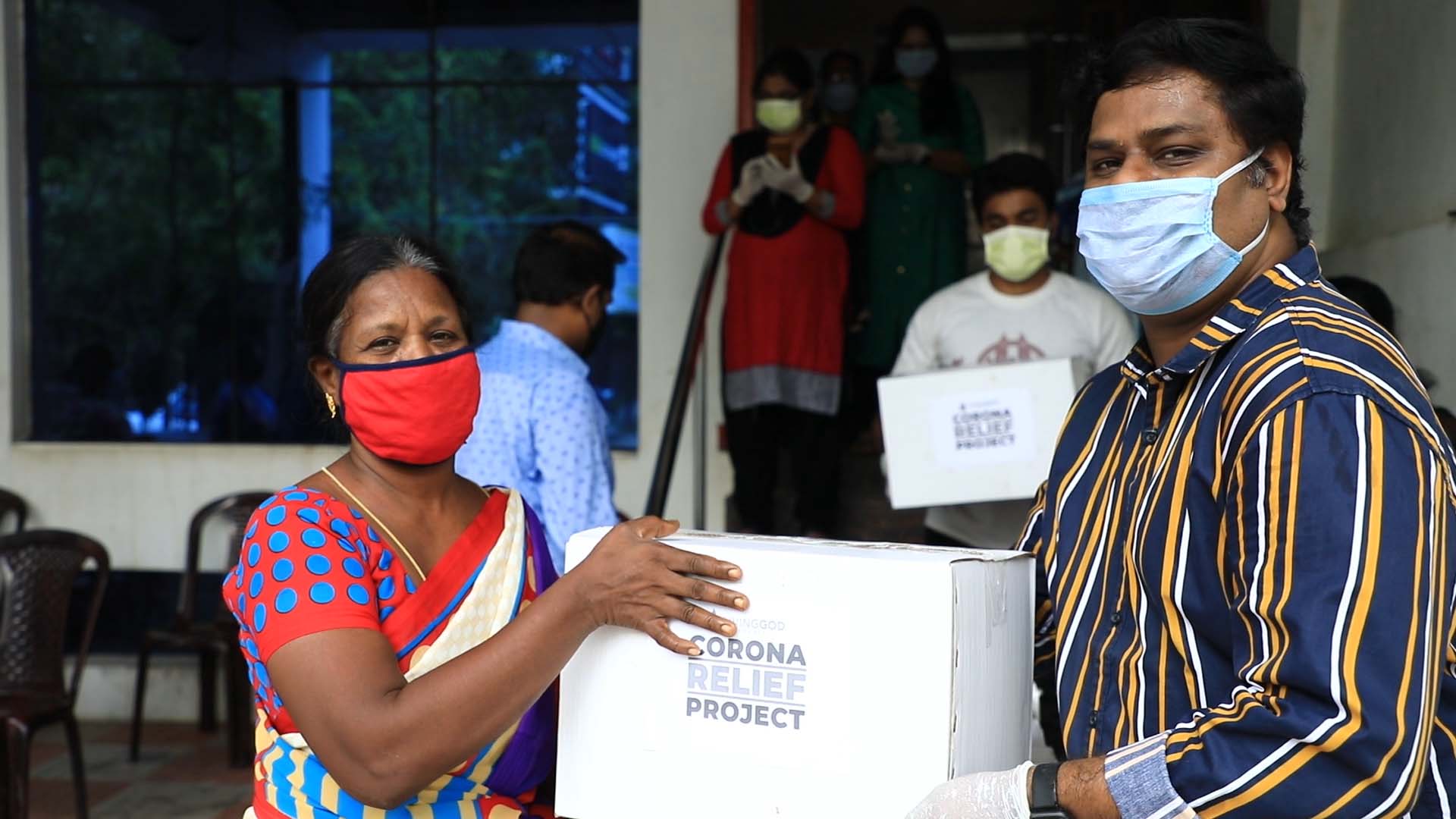
Compassion
We respond with compassion to the needs of men, women and children. We take time to listen and honour the wisdom and experience of others. We aim to ensure vulnerable people are not only heard but actively participate in designing, running and reporting on programs.
ERDO-supported programs focus on areas of high need, targeting the most vulnerable and marginalized households who often find themselves trapped in poverty and abuse.
While anyone can find themselves in desperate need, we know refugees, female and child-headed households, the elderly and people with disabilities tend to be the most vulnerable.
We strive to respond to every situation and person in need with the compassion of Christ.
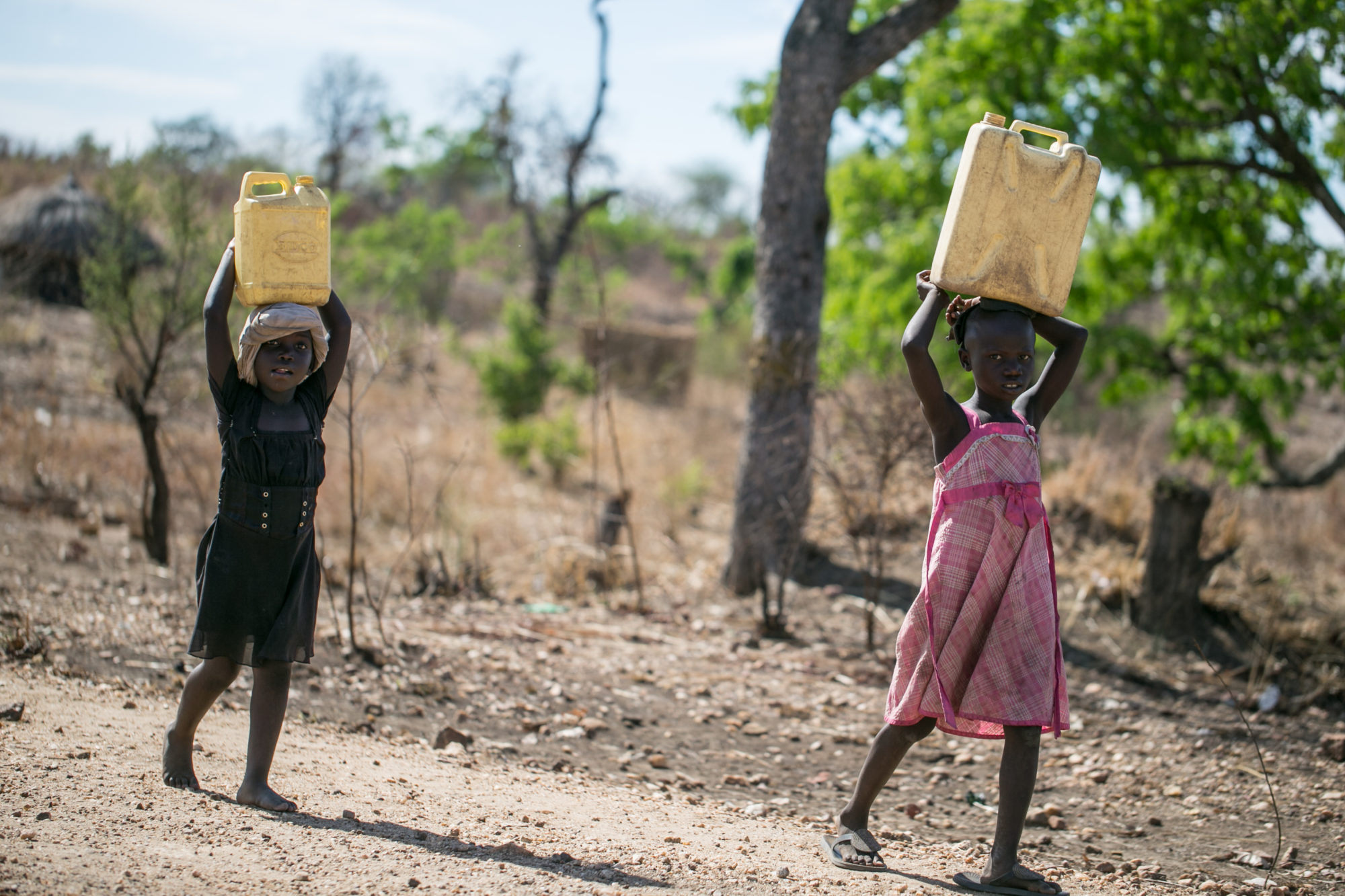
Gratitude
We recognize that all we and our partners have is from God. We have the privilege to steward these resources that have been entrusted to us.
We continues to be grateful for our partners, communities and the people we serve alongside. We value the relationships of trust and friendship which our collaboration has fostered. The knowledge imparted to us by local partners and communities is highly valued in our programs.
We strive to be intentional in communicating and celebrating success and progress in programs and communities. We acknowledge God’s hand at work in and through our programs in the transformation and reconciliation of children, families and communities.
